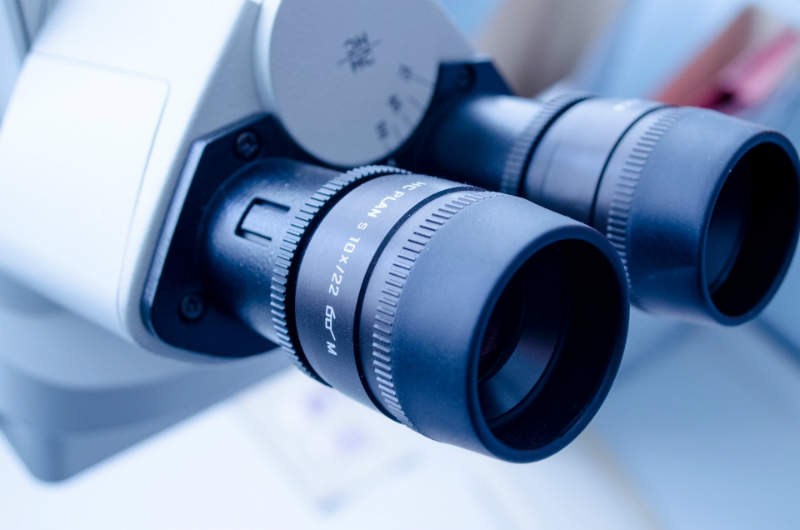Results for Regeneron Pharmaceutical/Sanofi’s pivotal 16 week Phase III trial testing the safety and efficacy of Dupixent (dupilumab) in adolescent patients (ages 12–17 years) with moderate-severe atopic dermatitis were presented at the 27th European Academy of Dermatology and Venerology (EADV) Congress in Paris, France.
The results were positive, with 38.1% of patients receiving dupilumab once every four weeks achieving a skin improvement of 75% or more in the Eczema Area and Severity Index (EASI-75) at Week 16 – one of the co-primary endpoints outside of the US – and 41.5% of patients receiving dupilumab once every two weeks achieving ESI-75, compared to only 8.2% on placebo.
Moreover, 17.9% of those being treated once every four weeks achieved an Investigator’s Global Assessment (IGA) score of 0 or 1 at Week 16, the primary endpoint in the US. A total of 24.4% of those being treated with dupilumab once every two weeks achieved an IGA score of 0 or 1, whereas only 2.4% on placebo achieved the same results.
Secondary endpoints of dupilumab study
A number of secondary endpoints were achieved at 16 weeks in the study. These included a mean 64.8% improvement in EASI score from baseline in the patients treated every four weeks compared to a mean 65.9% improvement in patients treated every two weeks, in contrast to a mean 23.6% improvement in the placebo group. In addition, 8% and 61% of patients treated every two weeks and four weeks, respectively, achieved EASI-50, compared to 12.9% in the placebo group.
There was also a mean 45.5% improvement in the peak pruritus Numerical Rating Scale (NRS) from baseline in the patients treated with dupilumab every four weeks and a mean 47.9% improvement in the patients treated every two week, compared to a mean 19.0% improvement in the placebo group
Patients treated once every two weeks and every four weeks saw a 5.5 point and 8.8 point mean improvement, respectively, in the Children’s Dermatology Life Quality Index (CDLQI), and a 9.5 point and 10.1 point mean improvement, respectively, in the Patient-Oriented Eczema Measure (POEM), where a change of roughly five points is seen as the minimally clinically significant value

US Tariffs are shifting - will you react or anticipate?
Don’t let policy changes catch you off guard. Stay proactive with real-time data and expert analysis.
By GlobalDataIn terms of study design, this Phase III adolescent study had patients randomised into placebo, dupilumab once every two weeks, and dupilumab every four weeks groups, with a 12-week follow-up period after the 16-week treatment period. After this, patients could enter an open-label extension or have a safety follow-up through Week 28.
Qualification criteria and safety profile of dupilumab
To qualify for the trial, patients had to suffer from moderate-severe atopic dermatitis that could not be adequately controlled by topical therapies, have IGA scores of three or greater, have an EASI score of 16 or greater, have a score of four or greater on the pruritus NRS, and have a body surface area (BSA) involvement of 10% or greater.
The safety profile of dupilumab was positive, with the most common adverse event in those who were treated with dupilumab being conjunctivitis and injection-site reactions, which were higher in the dupilumab groups than in the placebo group. However, the placebo group had higher rates of atopic dermatitis exacerbation and non-herpetic skin infection. Both the placebo-corrected efficacy and safety of dupilumab in adolescents were similar to those observed in adult trials.




